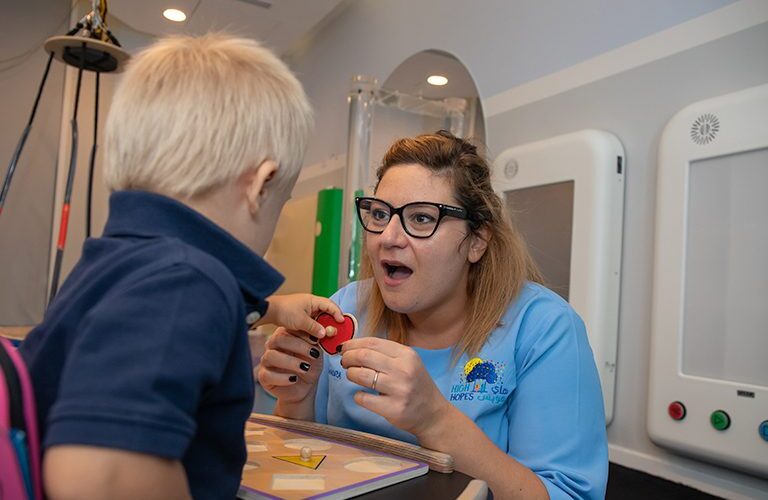Selecting the best occupational therapist Dubai for your child is a crucial decision that can greatly impact their progress, well-being, and overall development. Occupational therapy plays a vital role in addressing a wide range of challenges and promoting independence, functionality, and quality of life for children with various needs.
Qualifications and credentials:
Begin by ensuring that the occupational therapist has the necessary qualifications, credentials, and licensure to practice in your area. Look for therapists who are licensed or registered occupational therapists (OTR/L) and who have completed accredited education programs and clinical training in pediatric occupational therapy.
Experience and specialization:
Consider the therapist’s experience and specialization in pediatric occupational therapy. Look for therapists who have experience working with children of similar age, developmental stage, and diagnosis as your child. Ask about the therapist’s experience with specific conditions or challenges relevant to your child, such as autism spectrum disorder, sensory processing disorder, or fine motor delays.
Pediatric-family-centered approach:
Choose an occupational therapist that employs a child-centered and family-centered approach to therapy. Look for therapists who create a supportive, nurturing, and playful environment that encourages active engagement and participation. A pediatric-friendly approach ensures that therapy sessions are enjoyable, motivating, and developmentally appropriate for children.
Evidence-based practice:
Select an occupational therapist that utilizes evidence-based practice and incorporates the latest research, techniques, and interventions into their treatment approach. Ask about the therapist’s treatment philosophy, intervention methods, and outcomes measurement to ensure that therapy is based on proven strategies and best practices.
Collaborative and communication skills:
Look for an occupational therapist who demonstrates strong collaborative and communication skills. Choose a therapist who listens attentively to your concerns, values your input, and collaborates with you to set goals and develop treatment plans. Effective communication between the therapist, child, and family is essential for achieving successful outcomes in therapy.
Initial consultation or assessment:
Schedule an initial consultation or assessment with the occupational therapist to discuss your child’s needs, goals, and concerns. Use this opportunity to ask questions, express any specific preferences or expectations, and assess the therapist’s rapport with your child. A positive initial consultation can help you determine if the therapist is the right fit for your child’s needs.
